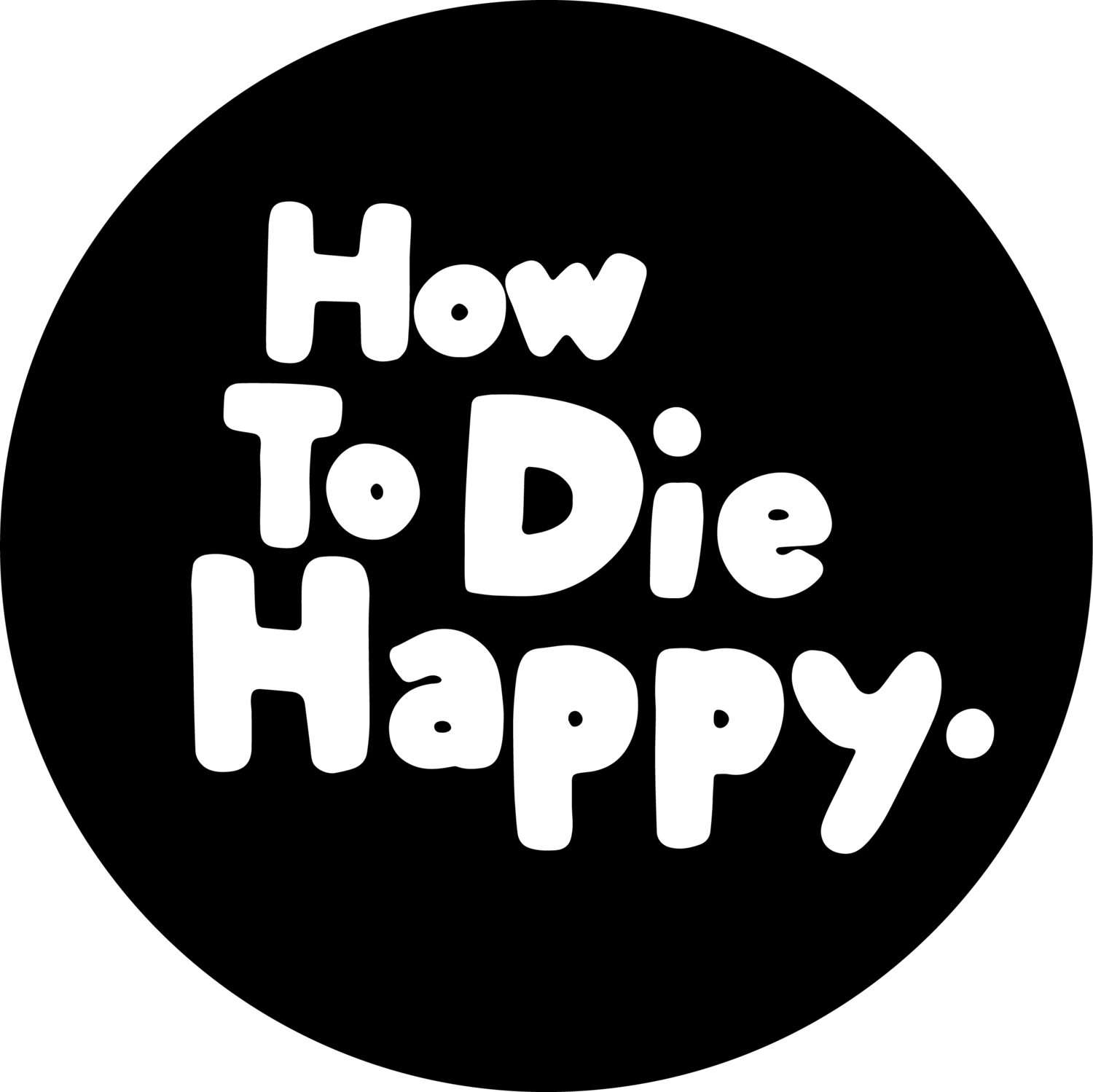Chinwag #12 Why Do We Lie? With Terae De Cou
Welcome to the How To Die Happy podcast. In this episode, our host Martin O'Toole talks with his brutally forthright sister from another mister, Terae De Cou, about a question that has intrigued humans for centuries: Why do we lie?
Lies come in all shapes and sizes, from the innocuous "white" lies to the more harmful forms of dishonesty. Research shows that the most common motive for telling lies is to avoid punishment, but that's not the only reason we lie. We also lie to protect ourselves or others from harm, prevent embarrassment or maintain privacy. Sometimes, we lie just for the sheer thrill of it.
But is lying always a bad thing? Martin suggests that there may be "50 shades of lies" and that some lies may even be necessary for social harmony. However, he also acknowledges that dishonesty can lead to grave regrets and that not living truthfully is a common deathbed regret.
So, why do people lie? The psychology of lying is complex and multifaceted, and researchers have identified several types of lies. Some lies are meant to benefit the liar, while others are intended to help someone else. Some lies are self-serving, while others are told out of altruism. But regardless of the motive, lies can have serious consequences, both for the liar and the people they deceive.
One type of lie that has been extensively studied is the "white" lie. These are the lies we tell to spare someone's feelings or to avoid hurting them. While these lies may seem harmless, research suggests they can do more harm than good in the long run. People who are told "white" lies may feel patronised or infantilised, and they may come to doubt the honesty and sincerity of the people around them.
On the other hand, harmful forms of dishonesty can have devastating effects on relationships, trust, and even mental health. Chronic lying can lead to anxiety, guilt, and shame — ultimately eroding one's sense of self-worth.
So, how can we learn to live more truthfully? Martin and Terae explore this question in depth in this How To Die Happy Chinwag. They discuss the importance of self-reflection, honesty, and vulnerability and share practical tips for living more authentically.
Whether you're a compulsive liar or simply interested in the science of dishonesty, this episode is sure to offer insights and food for thought. So, tune in to the latest episode of How To Die Happy, and discover why we lie and what we can do to live more truthfully.
If you have a topic you'd like us to cover or a guest you'd like to introduce to the show, feel free to contact us. We'd love to hear from you! Or would we? Beware the lies... ;)



